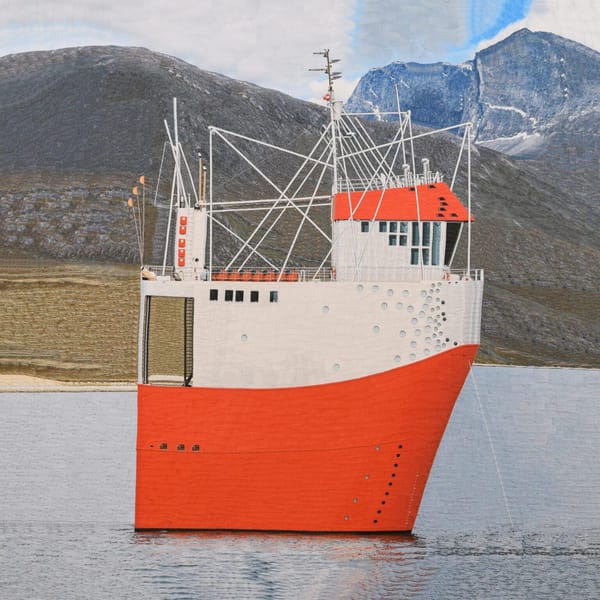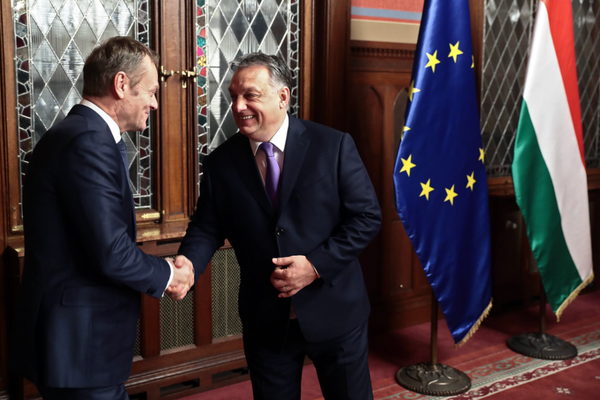The Shah Deniz Project: An Opportunity to Rethink European Energy Security after the Crimean Crisis
AYHAN KUÇUK —
Today, Europe imports more than half of the energy it consumes and more than one third its natural gas imports currently come from Russia. Russian gas is delivered to Europe through different routes mainly via the largest channel through Ukraine. The 2009 gas supply crisis was so recent, when a dispute between Ukraine and Russia occurs over gas pricing, disrupted gas supplies in many European countries left scores of people without heat in the middle of winter. So even though Russia has not shut off the oil or natural gas valves transiting Ukraine to Europe yet, the ongoing “Crimean Crisis” between Russia and Ukraine has compelled the European countries to accelerate their energy security strategies.
The existing political instability in the region with the past experiences shows that Russia has chance to use its energy supply as an effective instrument of “geopolitical power” which can serve to expand Russia’s influence on Europe. Therefore, European countries should try to find alternative ways and sources of gas supply in order to decrease their dependence on Russia so that to enhance their energy security.
In addition to its efforts for raising gross inland energy production by further deployment of renewables and safe nuclear power as well as attempts for increasing energy efficiency by using smart energy grid systems an renewing the existing energy infrastructure, Europeans have focused on bringing more eastern pipeline gas into the continent in the line of the objective of diversifying supplier countries and routes notable for natural gas. At the end of the year 2013, the European Union took an important step in this direction through the process of the establishment of the Southern Gas Corridor, and made a final decision to invest on the second phase development of Azerbaijan’s Shah Deniz field where lies 70 km offshore in the Azerbaijan`s Caspian Sea basins and remains one of the largest gas condensate fields in the world. The gas field contains approximately 40 trillion cubic feet of natural gas. This decision paves the way for further investment of around $28bn to expand the field, as well as pipeline infrastructure to carry its output to European markets.
Shah Deniz Project aiming for transportation of Azeri gas to Europe has three main components: First, Azerbaijan and the investing companies will jointly develop untapped parts of the Shah Deniz field and expand the capacity of the South Caucasus Pipeline (SCP), which runs from Baku to central Turkey. Second, the Trans-Anatolian Pipeline (TANAP), which will supply gas to Turkey from Azerbaijan and transit gas to Europe, will be constructed in the collaboration of Azerbaijani and Turkish states energy companies. Third, the investing companies will focus on finalizing the project by building the Trans-Adriatic Pipeline (TAP), which will run through Greece, Albania, and Italy. Also, a number of Balkan leaders are eager to make a deal for facilitating the extension of the project to Balkan states as well.
The Shah Deniz Consortium mainly including , Statoil and Azeri state energy company SOCAR, aims for the first gas deliveries to reach Turkey in 2018 and Europe in 2019. When it is complete, the project will supply 565 billion cubic feet (bcf) of natural gas annually by distributing 212 bcf of gas to Turkey and 353 bcf of gas to Europe. A recent BP report underlines that when Shah Deniz reaches its peak production, it will provide enough new natural gas to meet the needs of every capital city along the Southern Corridor. Aslo, as the author Shaffer stated in her articles, the interconnecting gas pipelines in Europe, filled with Azerbaijani gas, will ensure that Russia can no longer switch off the heat in Eastern Europe and the Caucasus on a whim.
In addition, it is expected that the new natural gas supplies most likely help lower the gas prices in Europe and by helping shift the balance of the energy mix in Europe towards natural gas, which is the cleanest burning fossil fuel, the Southern Corridor can contribute countries to reduce their emissions of carbon dioxide. Moreover the project will also be able to channel any additional gas from other fields like Iran, Iraq and Israel to Europe which could further strengthen its energy security.
I believe that the practical realization of this pipeline project will reinforce European Southern Gas Corridor strategy which would eventually result in bringing significant and sufficient portion of Caspian gas for European energy supply security. Also, as mentioned by Shaffer, it would enable all involved countries in the process of building the Corridor with huge investment and energy supply opportunities. So, all stakeholder countries should channel their political, economic and diplomatic ‘energies’ on supporting and building this new energy corridor.






